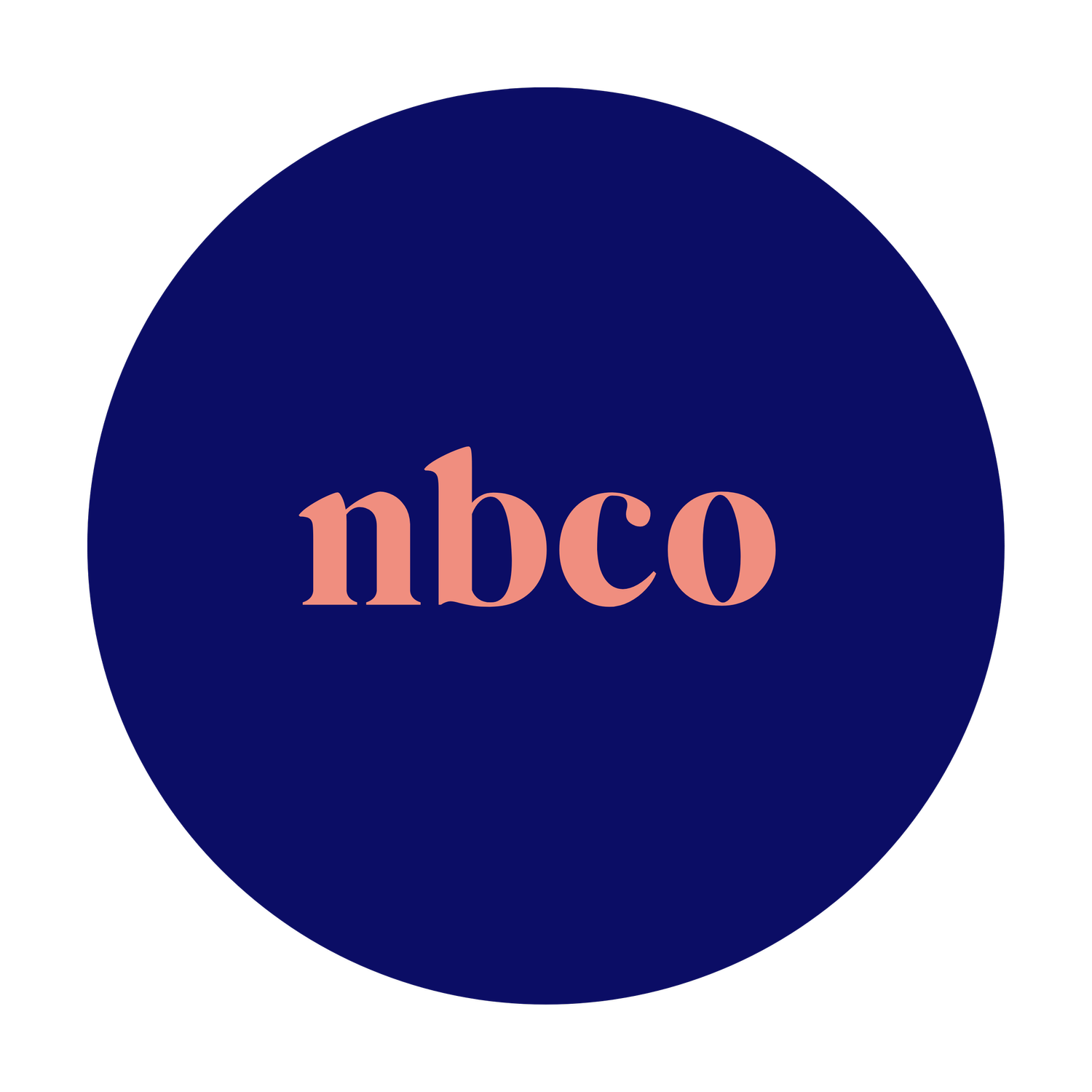How to Build a Client-Centered Doula Practice
The journey through the childbearing years is a profoundly personal one, and no two experiences are the same. Recognizing this diversity and the unique needs of each client is fundamental to providing exceptional doula care. Building a client-centered doula practice is not only a philosophy but also an essential approach that can enhance the birthing experience and support the emotional and physical well-being of each client. Today, we will explore the importance of personalized care and how tailoring doula services to meet the specific needs of each client can lead to more positive experiences - for everyone!
Understanding Your Client’s Journey
Every pregnancy, birth & postpartum experience can be influenced by a multitude of factors, including the individual's physical health, emotional well-being, cultural background, and personal beliefs. It is essential for you, as their doula, to acknowledge and respect these differences and take the time to understand the unique aspects of each person’s journey. A solid intake form can help gather a good amount of information that can help set a strong foundation here. When working to understand & connect with your client, consider the following:
Cultural Sensitivity: Cultural backgrounds can significantly impact expectations, rituals, and preferences related to birth & postpartum. As a client-centered doula, you should be sensitive to these cultural nuances, making an effort to understand and incorporate them into your prenatal visits and the support you provide. Consider taking a cultural competency training that focuses on maternity care to further expand your knowledge on the subject and ensure you’re doing your best to meet your clients where they are at.
Emotional Needs: Emotional support is a cornerstone of doula care. Some clients may have specific emotional needs, such as managing anxiety or processing past traumatic birth experiences. Tailoring emotional support to address these needs can make a significant difference to them. It’s important to stay within scope of practice here and not to play the therapist, but you can validate your clients feelings, help them find resources, and connect them with a local therapist if desired.
Birth & Postpartum Preferences: Each client will have unique preferences, ranging from pain management choices to labor positions and the presence of family members. A client-centered doula should actively involve the expectant parents in creating a birth & postpartum plan that aligns with their desires and values.
Personalizing Doula Services
Once you have a thorough understanding of your client's needs, preferences, and circumstances, it becomes much easier to personalize the services & support you offer. Here are some key ways to personalize doula care:
Customized Birth & Postpartum Plans: Work closely with your clients to create a birth plan that reflects their unique preferences and values. This plan should outline their choices regarding pain management, labor positions, and other aspects of the birthing process.
Emotional Support: Tailor emotional support to the client's specific emotional needs. This may involve providing additional reassurance via text or phone between visits, offering relaxation or self-care techniques they can do daily, or simply being a compassionate presence in their lives.
Cultural Competence: Show cultural competence by respecting and incorporating cultural traditions and practices that are important to the client if desired. Be mindful not to appropriate their culture or to assume they want your support here, but it’s ok to be inquisitive and ask them how you can support them in weaving their traditions or beliefs into their birth & postpartum experience.
Education and Information: Provide information and education that aligns with the client's level of understanding and preferences. Some clients may desire access to extensive evidence based information & be heavily research-focused, while others may prefer a more intuitive approach.
Flexible Communication: Be adaptable in your communication style. Some clients may prefer frequent check-ins and updates, while others may want more space and independence. Ask your clients if they prefer to communicate mostly in-person, by text or phone, or via email.
Benefits of a Client-Centered Doula Practice
Building a client-centered doula practice can lead to a range of benefits, both for you, the doula, and your clients:
Enhanced Empowerment: Clients feel more empowered when they actively participate in creating their birth & postpartum plan, leading to a more positive experience.
Increased Satisfaction: Tailored care increases client satisfaction, as they feel heard, valued, and supported throughout the entire process.
Improved Outcomes: Personalized doula care can contribute to better birth & postpartum outcomes, including reduced rates of birth interventions and an increase in breastfeeding success.
Stronger Doula-Client Relationships: By recognizing and respecting the uniqueness of each client, you can build stronger and more trusting relationships, which have a lasting positive impact on your clients and your community.
In the world of doula work, there is no one-size-fits-all approach. Building a client-centered doula practice is about honoring the diversity and individuality of each person, couple & family. By taking the time to understand your client’s unique needs, preferences, and circumstances, you can provide personalized doula care that not only enhances the client’s birth & postpartum experiences but also fosters a deeper sense of trust and empowerment.

